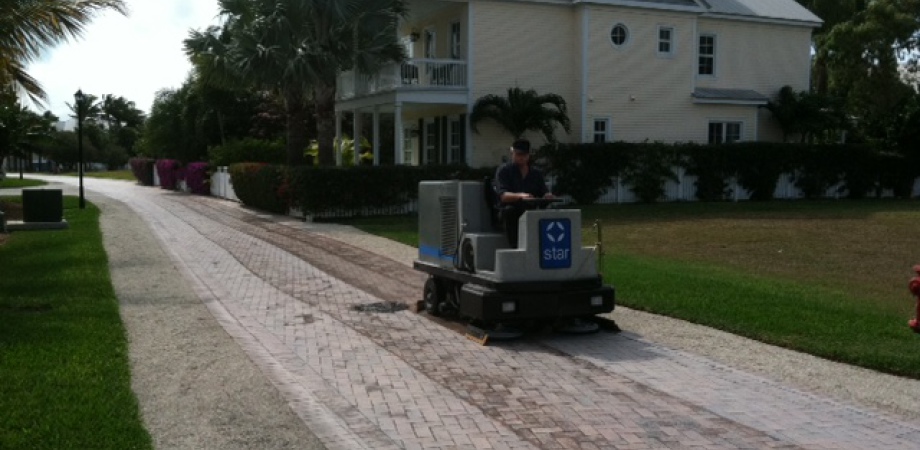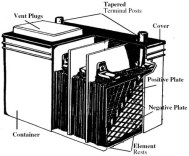
Industrial Battery Training
* When to charge
* The correct caharger to use, and how to charge correctly
* When to water the battery and how to water correctly
* How to change a battery with out injury or damage
Train your employees to care and maintain your fleet of batteries. Get longer running time and longer life out of your batteries. Save money and damage to your equipment.
- When to charge, and how long to charge
- The correct charger to use, and how to charge correctly
- When to water the battery and how to water the battery
- How to change a battery with out injury or damage
1917.157(a) Only designated persons shall change or charge
batteries.
1917.157(b) Battery charging and changing shall be performed only in areas designated by the employer.
1917.157(c) Smoking and other ignition sources are prohibited in charging areas.
1917.157(d) Filler caps shall be in place when batteries are being moved.
1917.157(e) Parking brakes shall be applied before batteries are charged or changed.
1917.157(f) When a jumper battery is connected to a battery in a vehicle, the ground lead shall connect
to
ground away from the vehicle's battery. Ignition, lights and accessories
on the vehicle shall be
turned off before connections are made.
1917.157(g) Batteries shall be free of corrosion buildup and cap vent holes shall be open.
1917.157(h) Adequate ventilation shall be provided during charging.
1917.157(i) Facilities for flushing the eyes, body and work area with water shall be provided wherever electrolyte is handled, except that this
requirement does not apply when employees are only checking battery electrolyte levels or adding water.
1917.157(j) Carboy tilters or siphons shall be used to handle electrolyte in large containers.
1917.157(k) Battery handling equipment which could contact battery terminals or cell connectors shall be insulated or otherwise
protected.
1917.157(l) Metallic objects shall not be placed on uncovered batteries.
1917.157(m) When batteries are being charged, the vent caps shall be in place.
1917.157(n) Chargers shall be turned off when leads are being connected or disconnected.
1917.157(o) Installed batteries shall be secured to avoid physical or electrical contact with compartment walls or components


